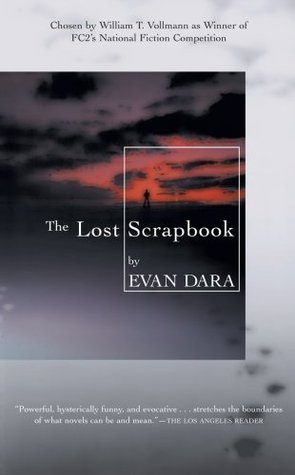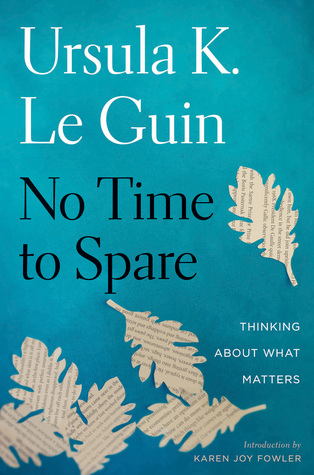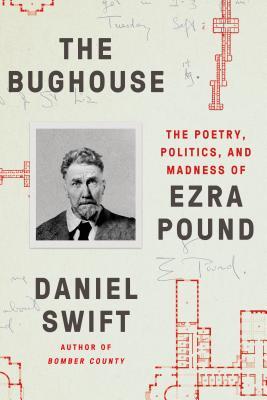
Now here’s a friendly little book that is notorious for being unknown and overlooked. If you’ve read it, you’re likely the passenger of one of three channels: (1) You trust William T. Vollmann’s judgement*; (2) you heard that the novel has been lumped in with the names Gaddis and Pynchon; or (3) your tastes coincide with those of Steven Moore. My own arrival is the result of a confluence of these channels, catalyzed by the Goodreads recommendation engine. While its affinities with the likes of Gaddis, Pynchon, et al. are not as prominent as I expected, Evan Dara’s debut novel achieves that almost impossible echelon of sui generis for which I pine. That is, I’ve read The Recognitions and Gravity’s Rainbow, but I can still say that The Lost Scrapbook is a unique experience that stands on its own.








